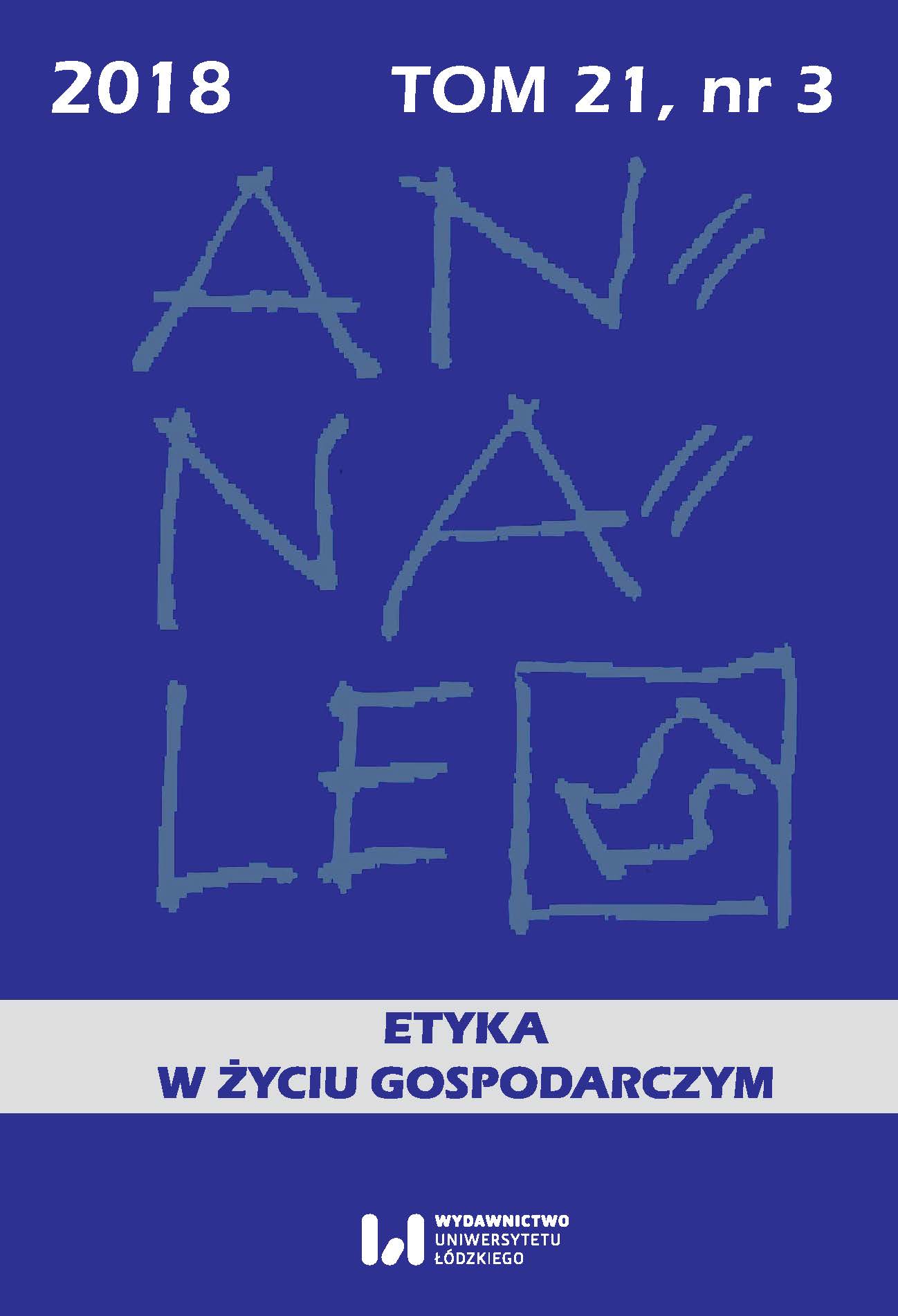The Trolley Problem Revisited. An Exploratory Study
DOI:
https://doi.org/10.18778/1899-2226.21.3.02Słowa kluczowe:
decision making, Trolley Problem, inconsistency of choicesAbstrakt
Recent studies by cognitive scientists demonstrate that people’s choices are more complex than the image provided by rational choice theory, and consistency of choice is not a characteristic to be expected in real-life situations. This exploratory paper attempts to isolate three variables in relation to decision making. Working with a sample (N=70) of university students in the U.S, and using the three variants of the Trolley Problem, the subjects’ responses are used to identify the similarities and differences based on the three dimensions. The participants were asked to respond to three hypothetical situations regarding a runaway trolley. Their decision in the first scenario could save a person’s life or let him be run over by the trolley. In the second scenario, their decision could either let one person die and save five lives or save one life and let five people be killed. These two scenarios require pulling a lever to switch the trolley from one track to another. The third scenario requires pushing an obese person in front of the runaway trolley to stop it from killing five persons. The paper presents the findings on the three variables: gender, age, and relational status.
Bibliografia
Bakewell, S. (2013, November 22). Clang went the trolley. The New York Times. https://www.nytimes.com/2013/11/24/books/review/would‑you‑kill‑the‑fat‑man‑and‑the‑trolley‑problem.html
Google Scholar
Baron, J. (1994). Nonconsequentialist decisions (with commentary and reply). Behavioural and Brain Sciences, 17, 1–42.
Google Scholar
Bleske‑Rechek, A., Nelson, L. A., Baker, J. P., Remiker, M. W. & Brandt, S. J. (2010). Evolution and the Trolley Problem: People save five over one unless the one is young, genetically related, or a romantic partner. Journal of Social, Evolutionary, and Cultural Psychology, 4(3), 115–127.
Google Scholar
Bourget, D. & Chalmers, D. J. (2014). What do philosophers believe? Philosophical Studies, 170(3), 465–500.
Google Scholar
Dzionek‑Kozlowska, J. & Rehman, S. N. (2017). Attitudes of economics and sociology students towards cooperation. A cross‑cultural study. Economics and Sociology, 10(4), 124–136. doi: 10.14254/2071–789X.2017/10–4/10
Google Scholar
Erdle, S., Sansom, M., Cole, M., & Heapy, N. (1992). Sex differences in personality correlates of helping behavior. Personality and Individual Difference, 13(8), 931–936.
Google Scholar
Foot, P. (1967). The problem of abortion and the doctrine of the double effect. Oxford Review, 5, 5–15.
Google Scholar
Greene, J. D. & Haidt, J. (2002). How (and where) does moral judgement work? Trends in Cognitive Sciences, 6, 517–523.
Google Scholar
Greene, J. D., Sommerville, R. B., Nystrom, L. E., Darley & Cohen, J. D. (2001). An fMRI investigation of emotional engagement in moral judgement. Science, 293, 2105–2108.
Google Scholar
Lanteri, A., Chelini, C. & Rizzello, S. (2008). An experimental investigation of emotions and reasoning in the Trolley Problem. Journal of Business Ethics, 83, 789–804.
Google Scholar
Prelec, D. & Loewenstein, G. (1991). Negative time preference. American Economic Review, 81(2), 347–352.
Google Scholar
Rubinstein, A. (2006). A sceptic’s comment on the study of economics. Economic Journal, 116, C1–C9.
Google Scholar
Singer, P. (2005). Ethics and intuitions. Journal of Business Ethics, 9, 313–352. doi: 10.1007/s10892–005–3508‑y.
Google Scholar
Thomson, J. J. (1976). Killing, letting die, and the Trolley Problem. The Monist, 59, 204–217.
Google Scholar
Thomson, J. J. (1985). The Trolley Problem. The Yale Law Journal, 94(6), 1395–1415.
Google Scholar
Tversky, A. & Kahneman, D. (1974). Judgement under uncertainty: heuristics and biases. Science. New Series, 185(4157), 1124–1131.
Google Scholar
Pobrania
Opublikowane
Jak cytować
Numer
Dział
Licencja
Prawa autorskie (c) 2018 Annales. Etyka w Życiu Gospodarczym

Utwór dostępny jest na licencji Creative Commons Uznanie autorstwa – Użycie niekomercyjne – Bez utworów zależnych 4.0 Międzynarodowe.









